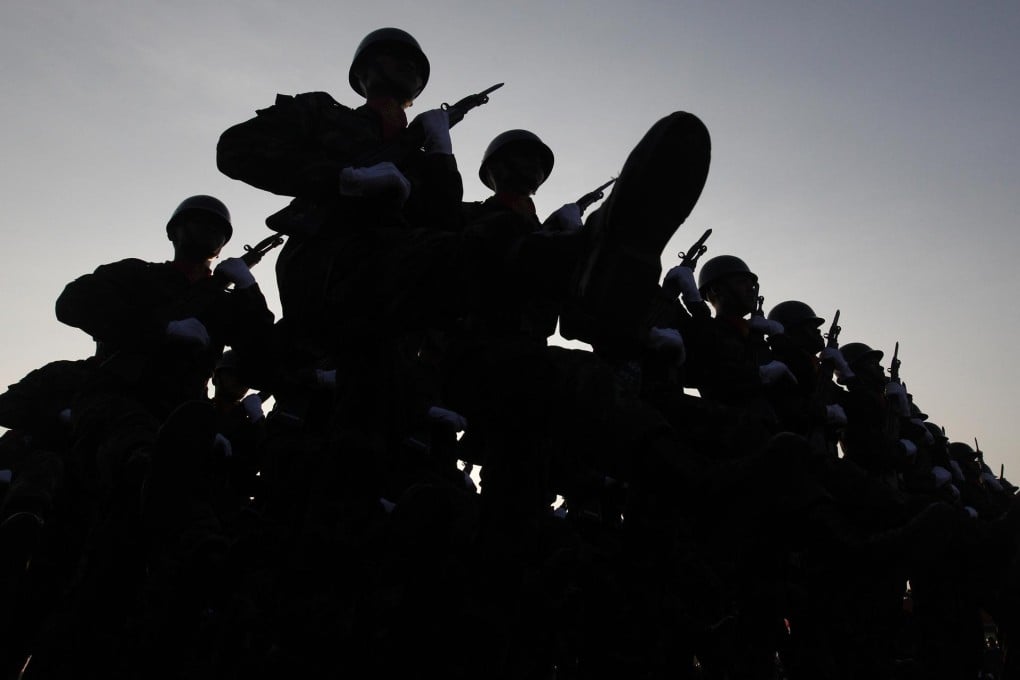Thai military caught between rock and hard place as unrest continues
The kingdom's armed forces are reluctant to intervene to end the current unrest, because the generals themselves appear to be divided

The one constant in Thai politics is the military. While the country's political parties mutate on a regular basis - the ruling Puea Thai party has changed its name three times since it was originally founded in 1998 by Thaksin Shinawatra - it is Thailand's army that has long held the reins of power.

"The government cannot control the military. It's like a jockey riding a horse he doesn't know. The horse can buck the jockey off at any time."
Nor have the generals been shy about exercising their influence. There have been 18 coups in the 82 years since the end of absolute rule by the monarchy.
It was the army who terminated Thaksin's reign as prime minister in 2006. After being overthrown in a coup, Thaksin fled into exile to avoid corruption charges in 2008.
Two years later, protests against the unelected government that took power in Thaksin's place with the army's backing resulted in weeks of deadly riots convulsing the Thai capital. At least 90 people died and thousands were injured after soldiers opened fire on the protesters.